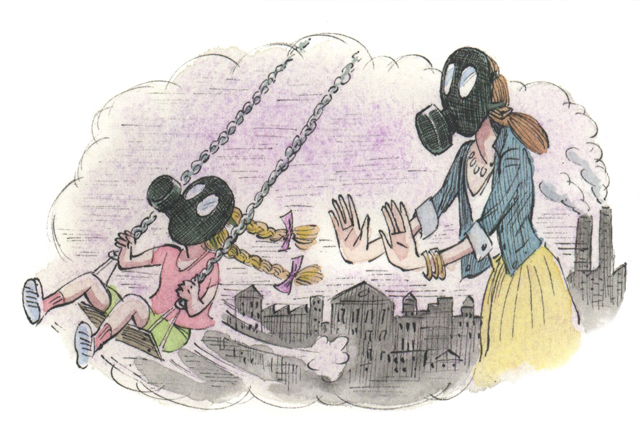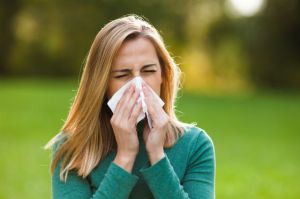When we’re traveling, we think about the sights we’ll see, the things we’ll do, the food we’ll eat. But we should also think about the air we’ll breathe. In some places around the U.S. and the world, pollution in the air can be harmful.
“We are talking some serious health effects,” said Janice Nolen, assistant vice president of national policy at the American Lung Association. “We’re talking about increased risk of premature death. We’re talking about heart attacks. We’re talking about asthma attacks. We’re talking about needing to go to the hospital, not being able to breathe. Even healthy adults who are exposed during a period of unhealthy air quality can be affected.”
You can find air quality forecasts for U.S. destinations online at airnow.gov, which also has links to forecasts from U.S. embassies and consulates around the world, and international air quality sites.
If you’re traveling someplace with unhealthy air quality and you have an underlying health condition such as asthma, COPD, cardiovascular disease or diabetes, visit your doctor before your trip to discuss what medications you might need to bring with you. Others at special risk from exposure to air pollution include people over age 65, pregnant women (because of risk to the baby) and children, whose lungs are still developing.
“Even healthy children need to be protected,” Nolen said.
Pollutants in the air can include particulate matter from industrial or auto exhaust, wildfire smoke and harmful gases such as carbon monoxide, sulfur dioxide and ozone.
The best way to protect yourself is to stay indoors as much as possible when the air is unhealthy. Keep windows and doors closed and if you have a heating/air conditioning system, set it to recirculate.
If you must be outdoors, an N95 face mask can be helpful, but offers limited protection.
“They don’t protect against gases, so they’re not going to help you with ozone, they’re not going to help you with sulfur dioxide, they’re not going to help you with carbon monoxide,” Nolen said.
In order to work, face masks must fit snugly. Because of this, they won’t properly fit children, many women or men with beards. Because they are meant only for single use, you’ll need one for each day.
“Don’t look at them as a solution,” Nolen said. “Look at them as a temporary help in an emergency situation.”
Careful planning will help you breathe easier – and more safely – wherever you roam.
To read more articles about travel-related health topics, visit AAA.com/LiveWell.















